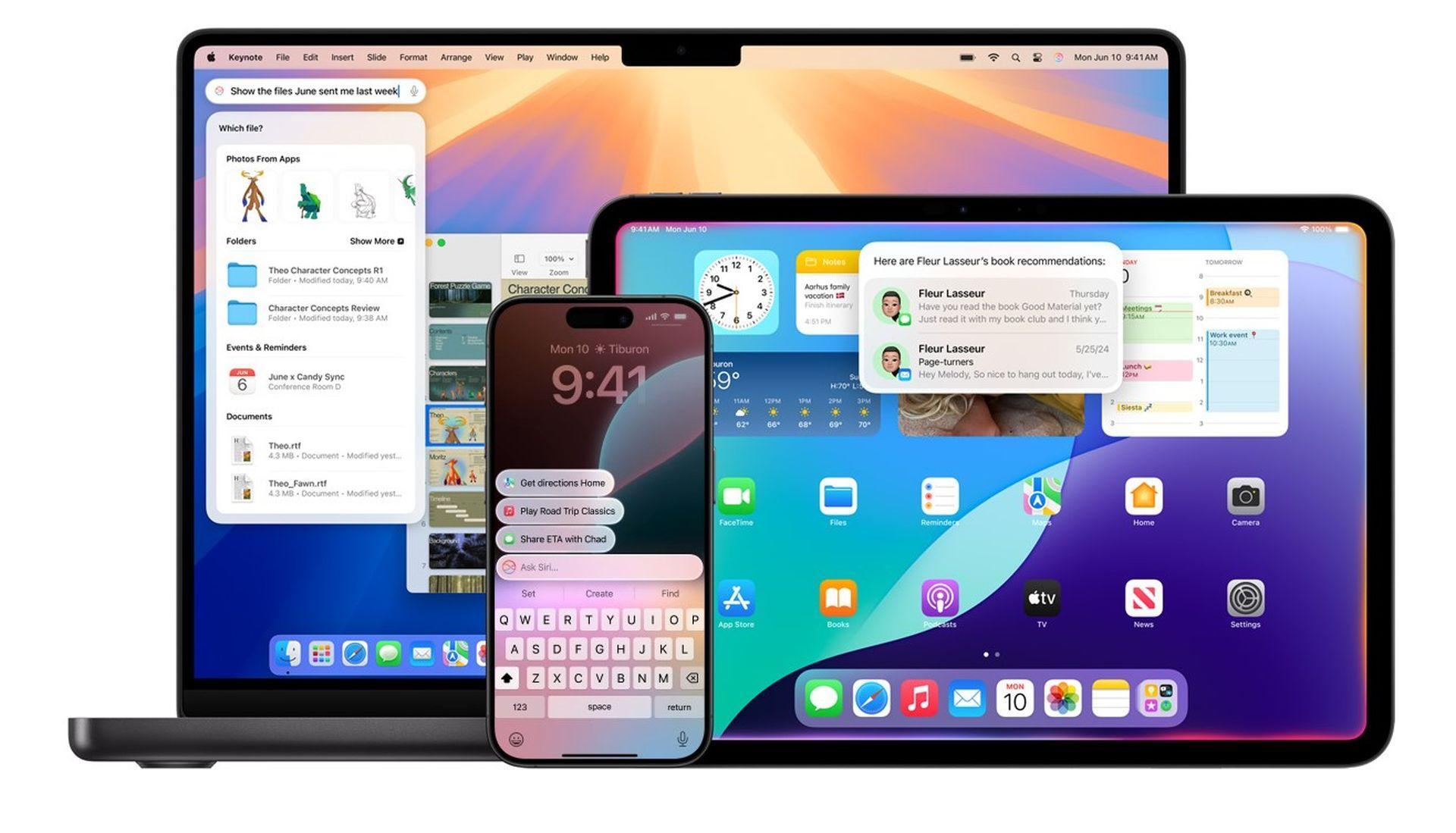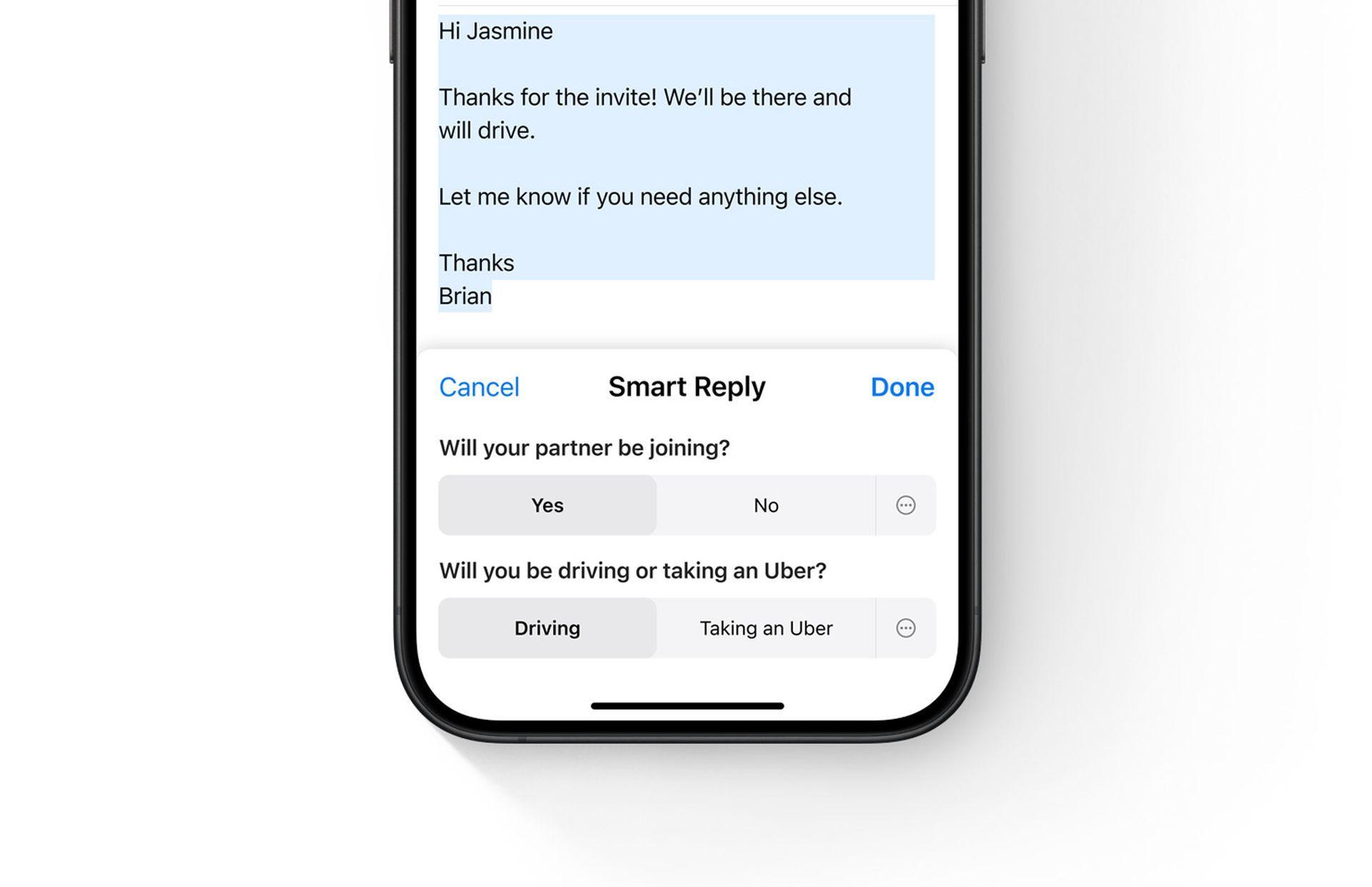Elon Musk looks really angry for the ChatGPT-iPhone integration, and his main motivation behind this is potential cybersecurity issues.
Why Musk is so angry about the ChatGPT-iPhone integration?
Apple has jumped into the AI race by partnering with OpenAI, the creator of ChatGPT, to bring their technology to its products. The company also showcased several new AI features of its own. Meanwhile, Elon Musk stated on Monday that he would forbid Apple devices in his companies if they integrate OpenAI into their operating system.
“If Apple integrates OpenAI at the OS level, then Apple devices will be banned at my companies. That is an unacceptable security violation,” Musk said on X.
If Apple integrates OpenAI at the OS level, then Apple devices will be banned at my companies. That is an unacceptable security violation.
— Elon Musk (@elonmusk) June 10, 2024
“And visitors will have to check their Apple devices at the door, where they will be stored in a Faraday cage,” he added.
At WWDC 2024, Apple introduced numerous AI enhancements for its apps and operating systems, along with a collaboration with OpenAI to make a ChatGPT-iPhone integration. Apple emphasized that its AI developments prioritize privacy, utilizing both on-device processing and cloud computing to deliver these features.
It’s patently absurd that Apple isn’t smart enough to make their own AI, yet is somehow capable of ensuring that OpenAI will protect your security & privacy!
Apple has no clue what’s actually going on once they hand your data over to OpenAI. They’re selling you down the river.
— Elon Musk (@elonmusk) June 10, 2024
Apple’s foray into AI highlights the tech industry’s heavy reliance on this technology for its future. Historically, Apple has carved its own path with a closed ecosystem focused on its premium phones and computers, promoting this as a privacy advantage for users. However, the rise of generative AI has proven too significant for Apple to overlook.
CEO Tim Cook described the new AI features as transformative and essential for future products. Apple introduced a suite of AI capabilities called “Apple Intelligence,” which includes a text generator for emails and SMS, an image creation tool for various apps, a lot of new features on iOS 18, and an enhanced Siri voice assistant. VisionOS 2 was also a big highlight.

Apple claims these AI tools are superior to competitors’ offerings due to their seamless integration with its software. For instance, users can ask their iPhone to “play the podcast my mom texted me,” and the system will identify the correct podcast thanks to its access to the user’s Apple apps.
Several of the AI tools Apple presented are similar to features that Google is incorporating into its Android operating system, such as the ability to edit photo backgrounds to remove unwanted elements.
Apple’s partnership with OpenAI may attract increased scrutiny from regulators. The company is currently facing a Justice Department antitrust lawsuit, accusing it of maintaining an unlawful monopoly in the smartphone market. Antitrust authorities have been cautious about how tech giants use their vast financial resources to forge deals that might stifle innovation. Apple’s significant deal with Google, where the search engine giant pays for priority placement in Apple’s Safari browser, is a key point in a government lawsuit arguing that Google has used this arrangement to suppress competition.

The Justice Department and the Federal Trade Commission (FTC) recently agreed on enhanced oversight for major tech company partnerships. Additionally, the FTC is investigating whether Microsoft’s $650 million deal with the AI company Inflection was structured to evade government antitrust reviews.
In early March, Musk sued OpenAI, which he co-founded in 2015, along with its CEO Sam Altman, claiming they had deviated from the original mission of developing AI for humanity’s benefit rather than for profit.

Musk has also established his own startup, xAI, aiming to rival OpenAI and create an alternative to the popular chatbot ChatGPT.
In its most recent funding round, xAI was valued at $24 billion, having raised $6 billion in Series B funding.
Let’s see if the ChatGPT-iPhone combo will revolutionize technology history or just lead to a bunch of cybersecurity incidents.
Featured image credit: Kerem Gülen/Midjourney





